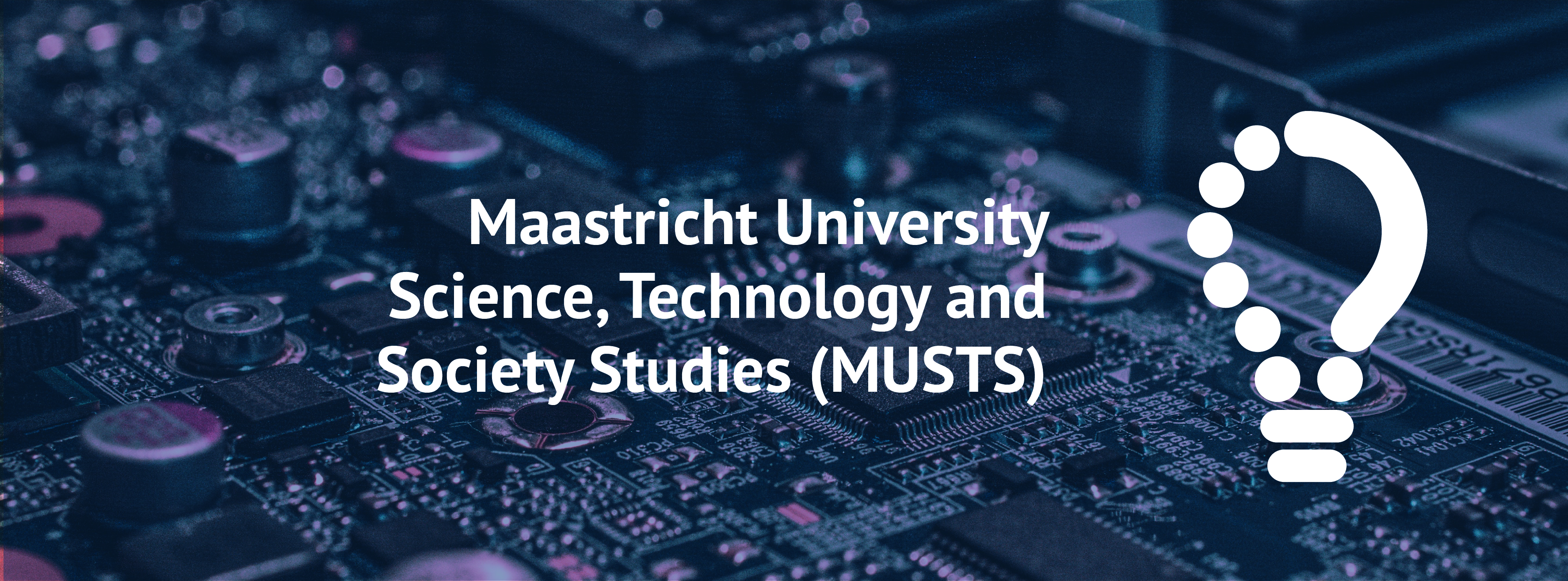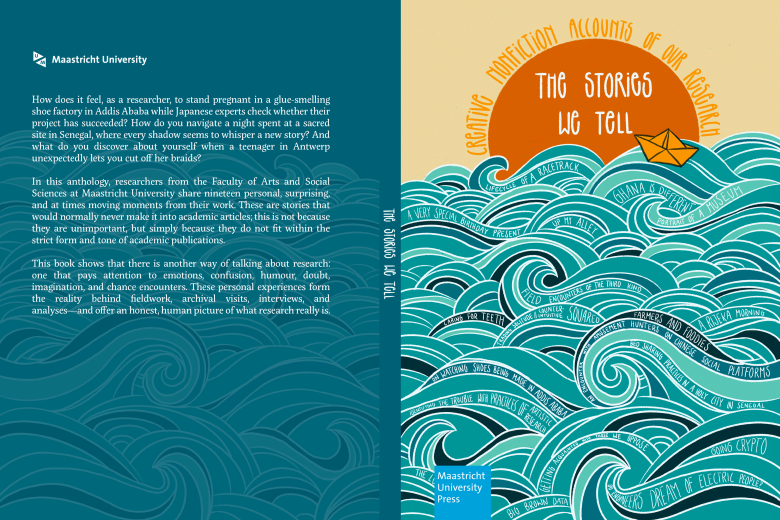Maastricht University Science, Technology and Society Studies

The Maastricht University – Science, Technology and Society Studies (MUSTS) research programme studies the relations among science, technology and society, focusing on Cultures of Research and Innovation. We are interested in settings that are infused with new knowledge, instruments, artefacts, actors, and skills—whether in the laboratory, the hospital, the workshop, the concert hall, or regulatory agencies.
We study such cultures of research and innovation in a radically interdisciplinary way. The classic disciplines of sociology, anthropology, history and philosophy play a constituting role. Cultural themes are historicized; historical questions are shown to have normative dimensions; and ethical issues are studied as social phenomena. Analysis typically moves among different levels (from micro-level studies of local practices to macro-level questions of governance, policy and morality). MUSTS research is adventurous in exploring theoretical and empirical fault lines, but it is always rigorous in its methodological approach, theoretical grounding, and scholarly justifications.
Director: Prof. Cyrus Mody
View recent MUSTS publications
Main research themes
MUSTS studies the relations between science, technology and society, focusing in particular on Cultures of Research and Innovation.
Research themes:
- Practices of Collaborative Research and Innovation
- Networks of Knowledge Production and Consumption
- Embodied Expertise in Art, Science and Medicine







